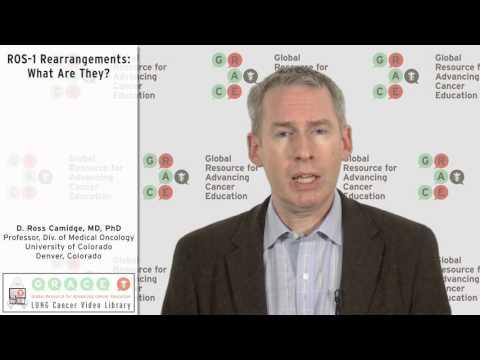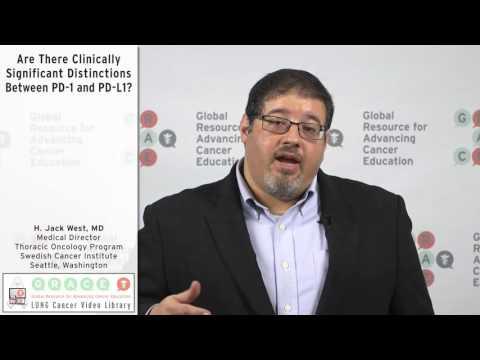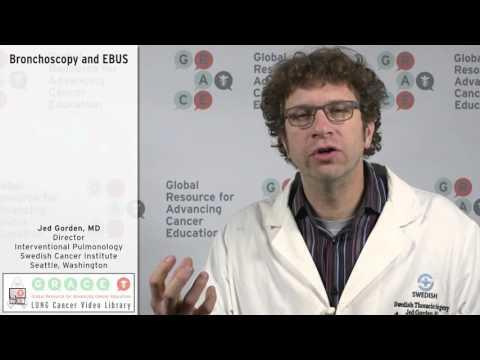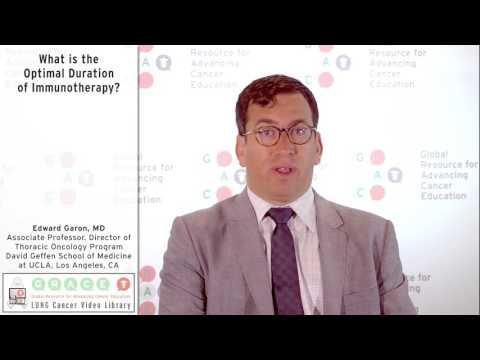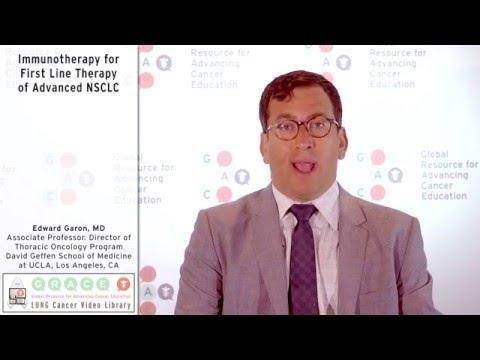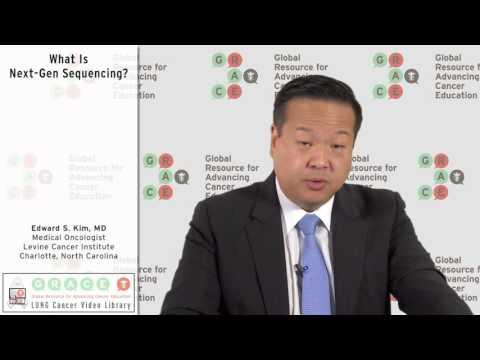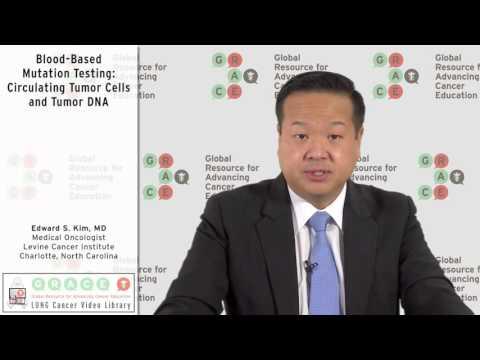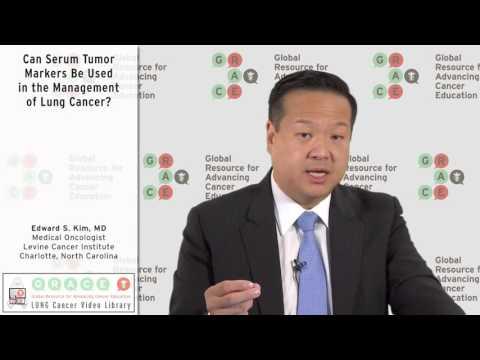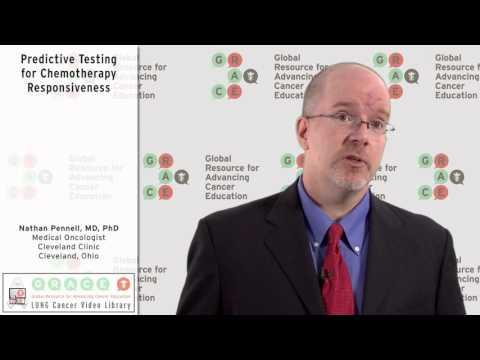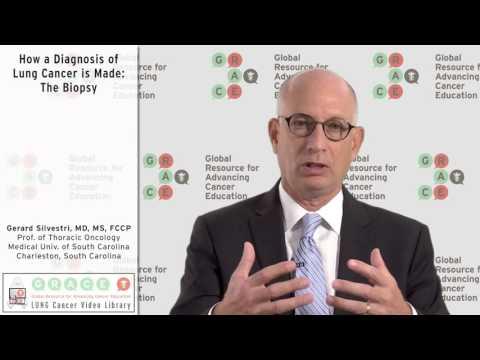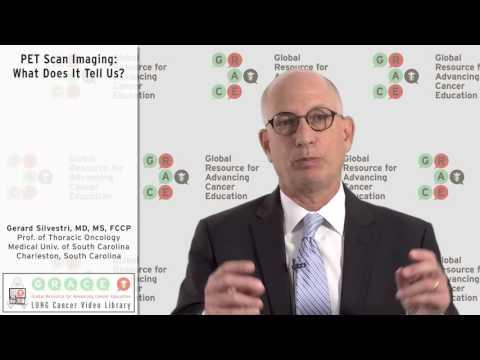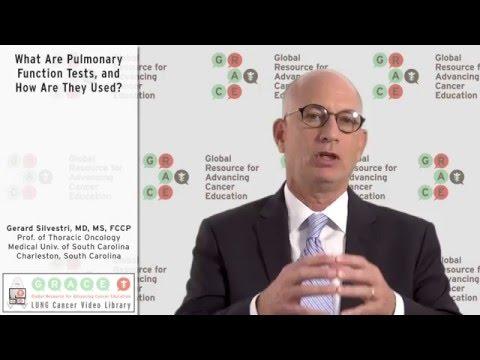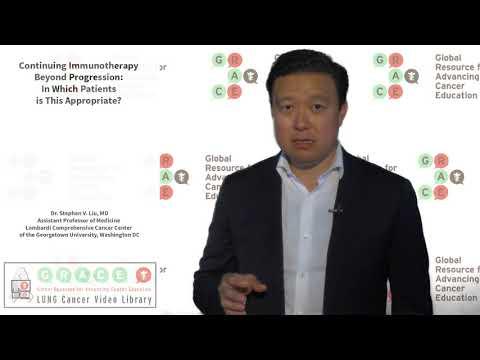Dr. Ross Camidge, University of Colorado, describes ROS-1 rearrangements and compares them to ALK rearrangements in frequency of occurrence and response to treatment.
Video Library
Search the Video Library
Video Language
Filter by Cancer Type:
Displaying Results 31 - 45 of 113
Dr. Jack West, Swedish Cancer Institute, compares the mechanism of action, efficacy and toxicity of PD-1 and PD-L1 inhibitors.
Dr. Jed Gorden, Swedish Cancer Institute, describes the differences between bronchoscopy and endobronchial ultrasound, highlighting the advantages of EBUS in diagnosis and staging.
UCLA Med Center's Dr. Eddie Garon discusses the open question of the optimal duration of ongoing treatment with immunotherapy for lung cancer.
Dr. Eddie Garon considers the data on immunotherapies for first line treatment of advanced NSCLC and whether we are likely to use these agents instead of or in combination with standard chemotherapy soon.
Dr. Ed Kim from the Levine Cancer Institute in Charlotte, NC summarizes the mechanism of next generation sequencing (NGS), how it can potentially be used, and its limitations in clinical practice today.
Dr. Ed Kim from the Levine Cancer Institute reviews the potential advantages and current limitations of blood-based testing for molecular markers using circulating tumor cells and circulating tumor DNA in identifying clinically important mutations.
Dr. Edward S. Kim from the Levine Cancer Institute in Charlotte, NC describes the use of serum tumor markers in various types of cancer, and the lack of a useful serum tumor marker in lung cancer.
Dr. Mark Socinski, University of Pittsburgh Medical Center, discusses the factors to consider in defining resectability in stage IIIa lung cancer.
Dr. Nathan Pennell, Cleveland Clinic, evaluates chemotherapy sensitivity assays, describing the difficulties inherent in predicting response to chemotherapy agents.
Dr. Gerard Silvestri, Medical University of South Carolina, describes several procedures used to obtain biopsy tissue in order to diagnose lung cancer.
Dr. Gerard Silvestri, Medical University of South Carolina, discusses the use of PET scans in lung cancer workup.
Dr. Gerard Silvestri, Medical University of South Carolina, defines pulmonary function testing, and describes how lung cancer surgeons use them.
Dr. Gerard Silvestri, Medical University of South Carolina, describes the steps necessary to work up a lung cancer diagnosis, from initial scan to choice of treatment.
Stephen Liu, MD provides updates to our Lung Cancer Video Library. In this recent video, Dr. Liu discusses Continuing Immunotherapy Beyond Progression-In Which Patients Is This Appropriate

